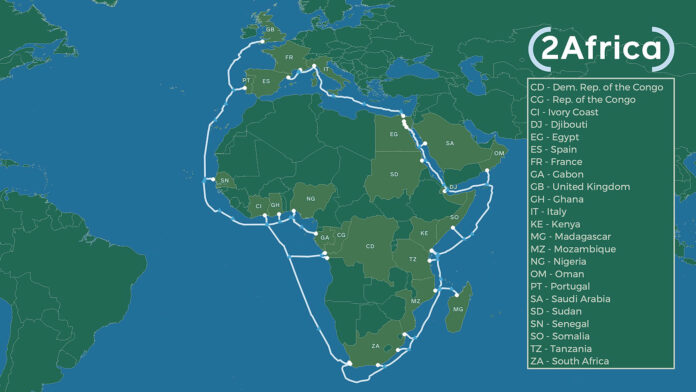Africa’s main regional economic blocs say monetary unions will raise the value of trade and shield them from fluctuating exchange rates and are pushing to establish single currency territories.
Gathering in Nairobi under the African Union, representatives from various member states of regional economic blocs (RECs) said exchange rates should be considered a barrier to trade and addressed with urgency.
Some of the RECs such as the East African Community have identified a monetary union and a single currency as one way of boosting integration and eliminating the exchange shortfalls that routinely befall traders across the borders.
Kenya’s Industry, Trade and Investment Cabinet Secretary Moses Kuria told the meeting that seven in 10 African economies face serious challenges related to foreign exchange, but blamed part of the problem on procrastination.
“We have debunked the myths about Africa being a continent of darkness, centre of disease, and it is now time to debunk the myth that there is no hurry in Africa,” CS Kuria said.
“Other regions and continents have caught up and are interested in Africa, but Africa is still dragging its feet. The only way to do this is to establish linkages and bridges within Africa.”
In integration, some blocs have made progress. The EAC, for example, allows citizens to travel across borders using national IDs, even though some member states have not implemented this. The EAC has further constructed and launched 12 one-stop border posts, easing the movement of people and goods.
The elephant in the room, however, has been the monetary union. In the EAC, Kenya and Tanzania are still battling over hosting rights of the East African Monetary Institute, the presumptive regional central bank.
At this week’s Nairobi meeting, AU Commission chairperson Moussa Faki said that as Africa has the world’s largest free trade area — 1.2 billion-person market — it must create an environment where its own resources fuel trade and prosperity.
“The economic prospects for Africa look promising, Africa is coming out as resilient and is bound to transform the three major sectors of economic activities into a much more sustainable economic model; the extraction of raw materials, the manufacturing sector and the service industry,” he said.
EAC Secretary-General, Dr Peter Mathuki, said the bloc is working hard to remove non-tariff barriers to regional trade.
“They have now dropped from almost 250 last year to four, and we shall work to see how to remove the remaining ones to ease trade between countries,” he said.
“We will look into how to improve this so that intra-Africa trade can rise to at least 50 percent. Transporting goods from East Africa to Central Africa takes approximately two months, yet Central Africa is so near. We will engage in discussions on infrastructure to allow faster and easier movement of goods from one country to another,” he added.
The single currency dream will, however, take a while to achieve.
The blocs must address inflation rates, forex reserves to cover at least four months’ imports and fiscal deficits averaging 3.5 percent and avoiding borrowing more than 50 percent of their respective GDPs.




